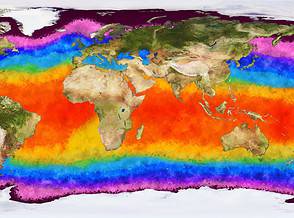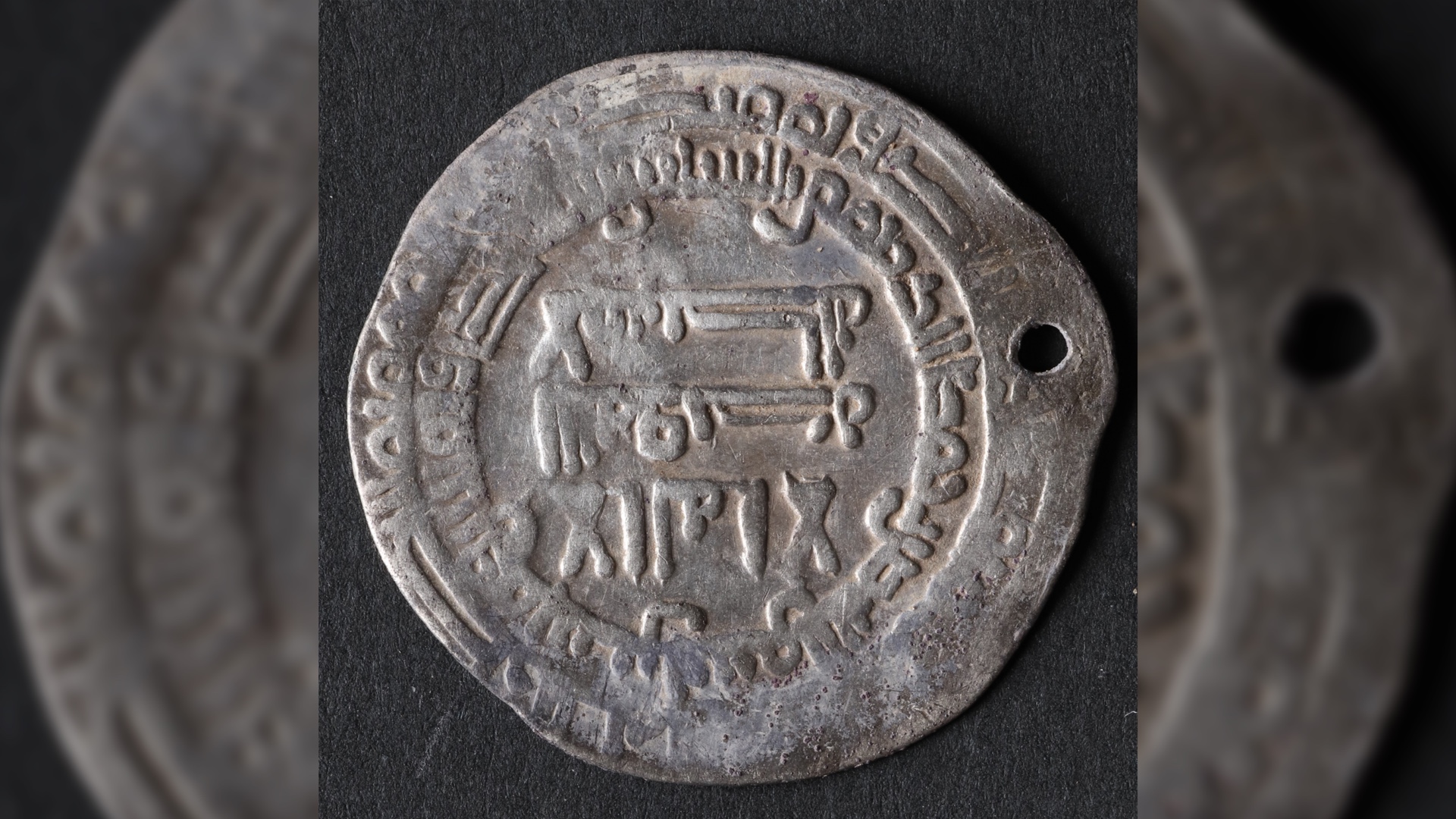Numerous factors shape how a person’s immune system reacts to infections and other challenges. Age, sex and genetics are fundamental contributors—as the COVID pandemic highlighted. Now a new study shows that smoking has an equally important impact on certain immune responses, with some of its effects possibly lasting well beyond when a person quits.
To explore which environmental factors had the biggest role, researchers measured the production of cytokines—key messenger molecules that mediate inflammation—in the blood of 1,000 healthy people after exposing the samples to either bacteria, fungi, antibodies or other agents known to elicit an immune response. Smoking was found to greatly alter both the innate response—the body’s general and immediate first line of defense—and the slower, more threat-specific adaptive response. The data suggest that the cytokine secretion in the innate immune response rapidly returns to the level of nonsmokers after a person quits smoking but that the effects on the adaptive response appear to endure for years or decades through a process called epigenetic memory. The results were published today in Nature.
“It was a very large study, so that gives you confidence [in] the results,” says Yasmin Thanavala, an immunologist at Roswell Park Comprehensive Cancer Center who did not participate in the research. Moreover, “[the authors] looked across a broad range of [immune] stimuli, and that’s an interesting aspect,” she adds.
On supporting science journalism
If you’re enjoying this article, consider supporting our award-winning journalism by subscribing. By purchasing a subscription you are helping to ensure the future of impactful stories about the discoveries and ideas shaping our world today.
The new findings add to the vast body of evidence on the damaging health effects of cigarette smoking. Smoking increases the risk for cardiovascular disease and lung cancer. It is responsible for about 90 percent of all lung cancer deaths and 80 percent of all deaths from chronic obstructive pulmonary disease. Smoking also harms many other organs and increases the risk of dying from nonlung cancers. Quitting smoking, on the other hand, reverses the risk for most of these diseases. But the magnitude and persistence of smoking’s effects on the immune system are less understood.
Between 2011 and 2012 a team led by researchers at the Pasteur Institute in France recruited people to donate blood and other types of samples for the Milieu Intérieur project, a population-based study designed to explore the factors that influence the variability in human immune responses, which has already resulted in the publication of several papers. The cohort comprised men and women of European descent between the ages of 20 and 69.
While the blood samples were still fresh, the team exposed each one to 11 different immune challenges or no agent (as a control) during a 22-hour period. The stimuli included Escherichia coli and influenza, which trigger the immune system’s innate response, as well as agents such as the Staphylococcus aureus enterotoxin B superantigen (SEB) that directly activate cells in the adaptive immune system called T cells. “That’s really the strength of this [analysis] because not so many studies … look at this diversity of immune responses from the same individual,” says Darragh Duffy, an immunologist at the Pasteur Institute and senior author of the paper.
Using statistical analyses, the team assessed how sociodemographic, environmental, clinical and nutritional factors reported by each person influenced the secretion of 13 cytokines in response to the various stimuli. They found, for instance, that variations in body mass index and a latent infection with cytomegalovirus—a type of herpes virus that many people are exposed to during their lifetime—altered cytokine production in response to certain stimuli. But of all the variables the researchers studied, smoking showed the most associations with immune changes.
When exposed to E. coli, concentrations of CXCL5, a cytokine that recruits and activates white blood cells, were significantly higher in the blood of individuals who currently smoked compared with those who didn’t. In those who had quit smoking, however, CXCL5 secretion resembled that of nonsmokers. The toxin SEB, on the other hand, increased the production of the proinflammatory cytokine IL-2 and the anti-inflammatory cytokine IL-13 in the blood of people who smoked, but unlike the response to E. coli stimulation, this pattern persisted in people who had stopped smoking years or decades ago.
In the new study, “adaptive immune response changes are more long-lasting and innate immune changes are more transient, and that also makes sense,” Thanavala says. She and her colleagues have previously reported that mice exposed to cigarette smoke have a defective adaptive immune response even weeks after their last smoke exposure. The responses may improve over time, she adds, “but they never go back to a nonsmoking condition, so the effects are very long-lasting, even in our mouse system.” Findings in mice can’t always be extrapolated to humans, however.
Duffy and his colleagues found that smoking’s persistent effects on cytokine production were linked to long-lived B cell and T cell populations and changes in DNA methylation, which involves the addition of chemical markers that can modify gene activity. The researchers observed a reduction in the presence of these markers—known as DNA hypomethylation—at five genes whose low methylation levels were previously associated with smoking. The more cigarettes a person smoked and the more years they smoked, the lower these DNA methylation levels were—suggesting a dose-response effect.
The researchers aren’t sure which ingredients in tobacco are responsible for the effects, but there was nothing to suggest that it was nicotine, Duffy says. “Given those five methylation genes that are quite diverse and implicated in processing toxins, I suspect it’s not nicotine-related,” he adds. It is also unclear whether electronic cigarettes induce similar effects to those described in the new study. “They’re definitely less toxic than regular cigarettes” but still not without risk, Duffy cautions.
Toxicologist Irfan Rahman of the University of Rochester Medical Center, who was not involved in the new study, says the findings could have implications for vaccine effectiveness in smokers and former smokers. Because immune cells in these populations are so greatly affected, they might not be able to trigger a good antibody response, he says. Thanavala, who has observed that smoke exposure compromises vaccine response in mice, notes that generally, the same vaccine is given to all individuals, regardless of their smoking habits. “Maybe this will help us to understand that in people who have smoked for a long time, you need to make a different approach because their adaptive immune response is going to be poor.”
Thanavala cautions, however, that the cytokine profiles in smokers or former smokers do not translate directly to a worse adaptive immune response to real-world infections or toxin exposures. “But it’s the first step to understanding that smoking is controlling certain factors of immune function,” she says. Duffy acknowledges that his team’s approach is only a model of how an individual might respond and adds that the research “can’t say anything about [a specific] outcome to any kind of disease.” He and his colleagues are now addressing that question in a new 10-year follow-up study that includes a subset of the original cohort and will assess who remains healthy and who doesn’t.
Experts also point out the similar genetic background of the study cohort as a limitation. “Will this result hold true [in] a diverse population?” Thanavala asks. Duffy says he hopes that other researchers can replicate these findings in other populations. He adds that he and his colleagues are also testing these associations in cohort studies in Africa and Hong Kong.
Just last week another population-based study that involved more than two million people in South Korea aged 30 and older concluded that cancer risk started going down 10 years after people quit smoking. “Their message was [that] it’s always a good time to stop smoking” because you’ll start seeing benefits over time, Duffy says, adding that his team’s findings on the innate immune response are in line with that. “The best time to quit smoking is as soon as possible.”
Note: This article have been indexed to our site. We do not claim legitimacy, ownership or copyright of any of the content above. To see the article at original source Click Here













